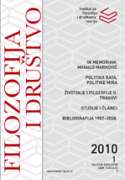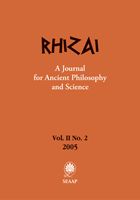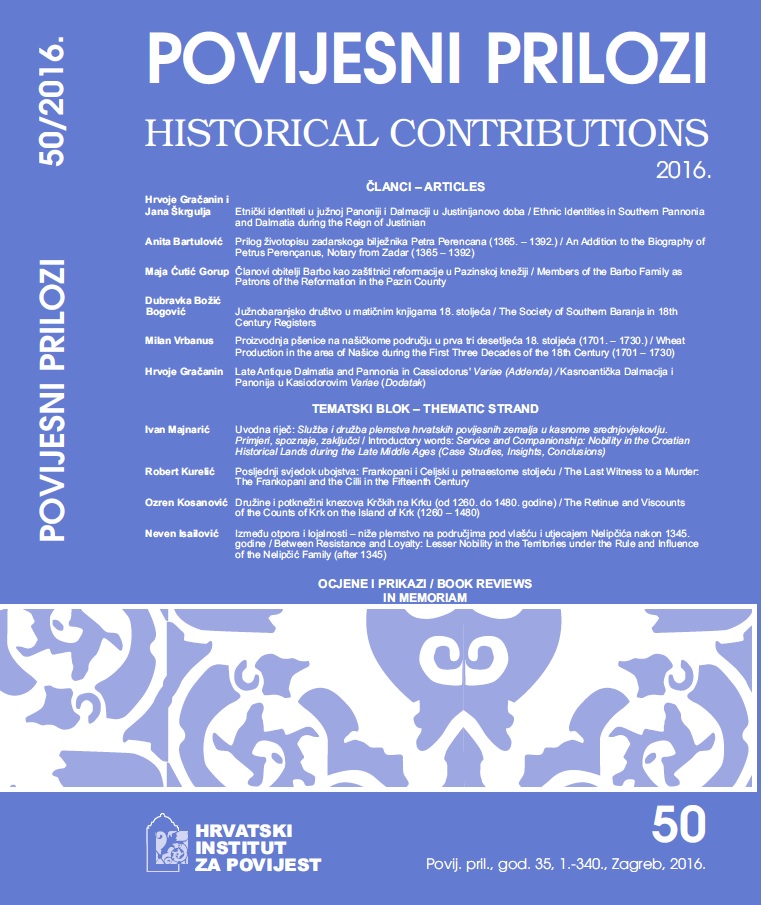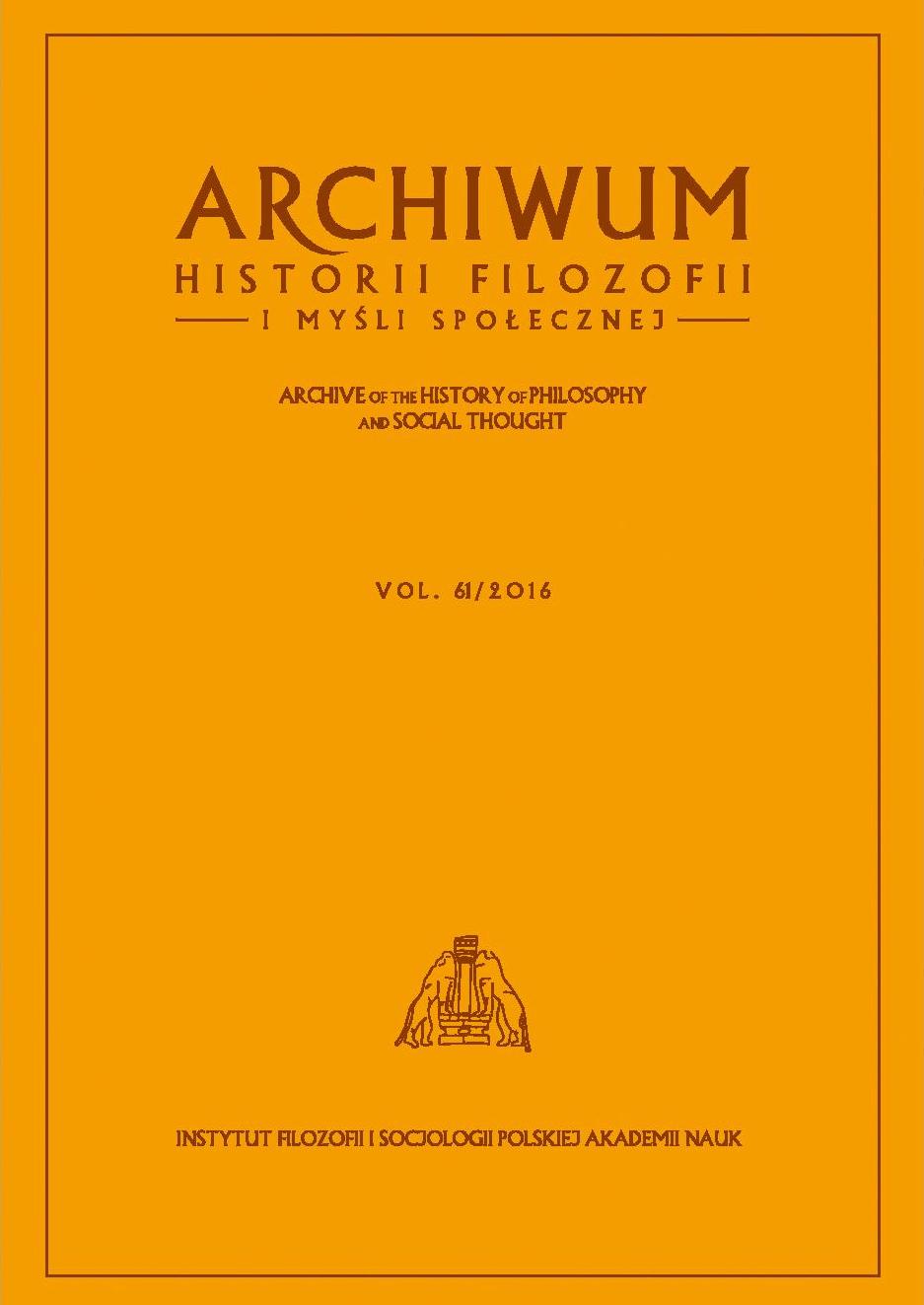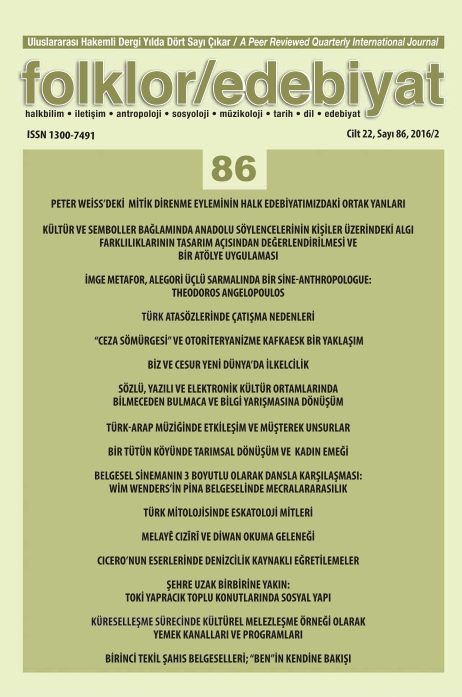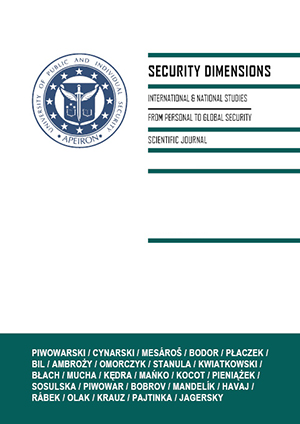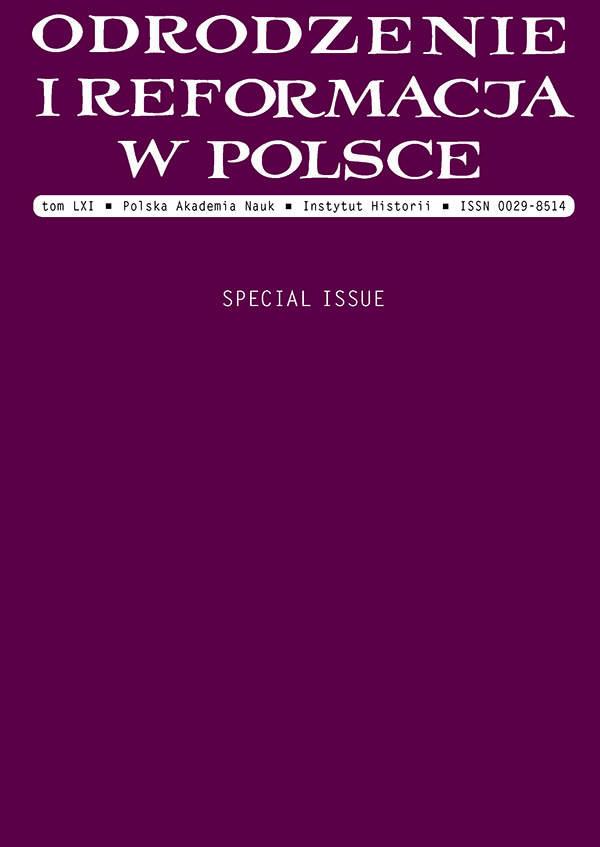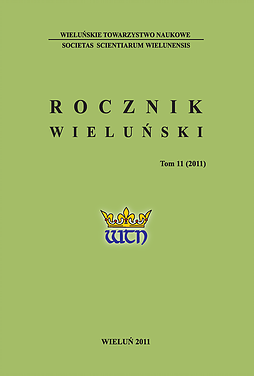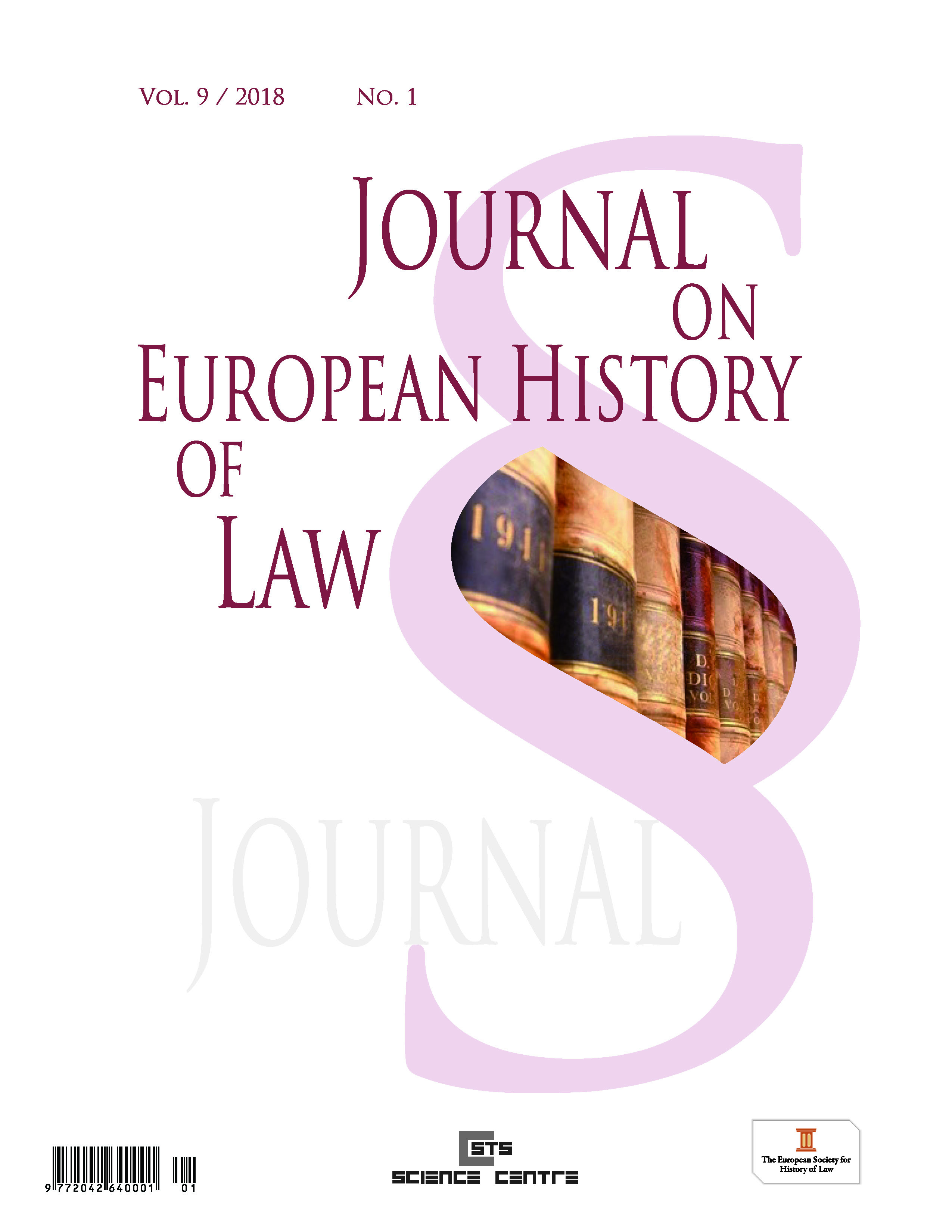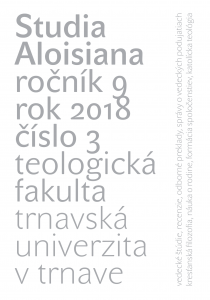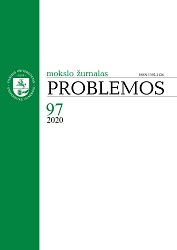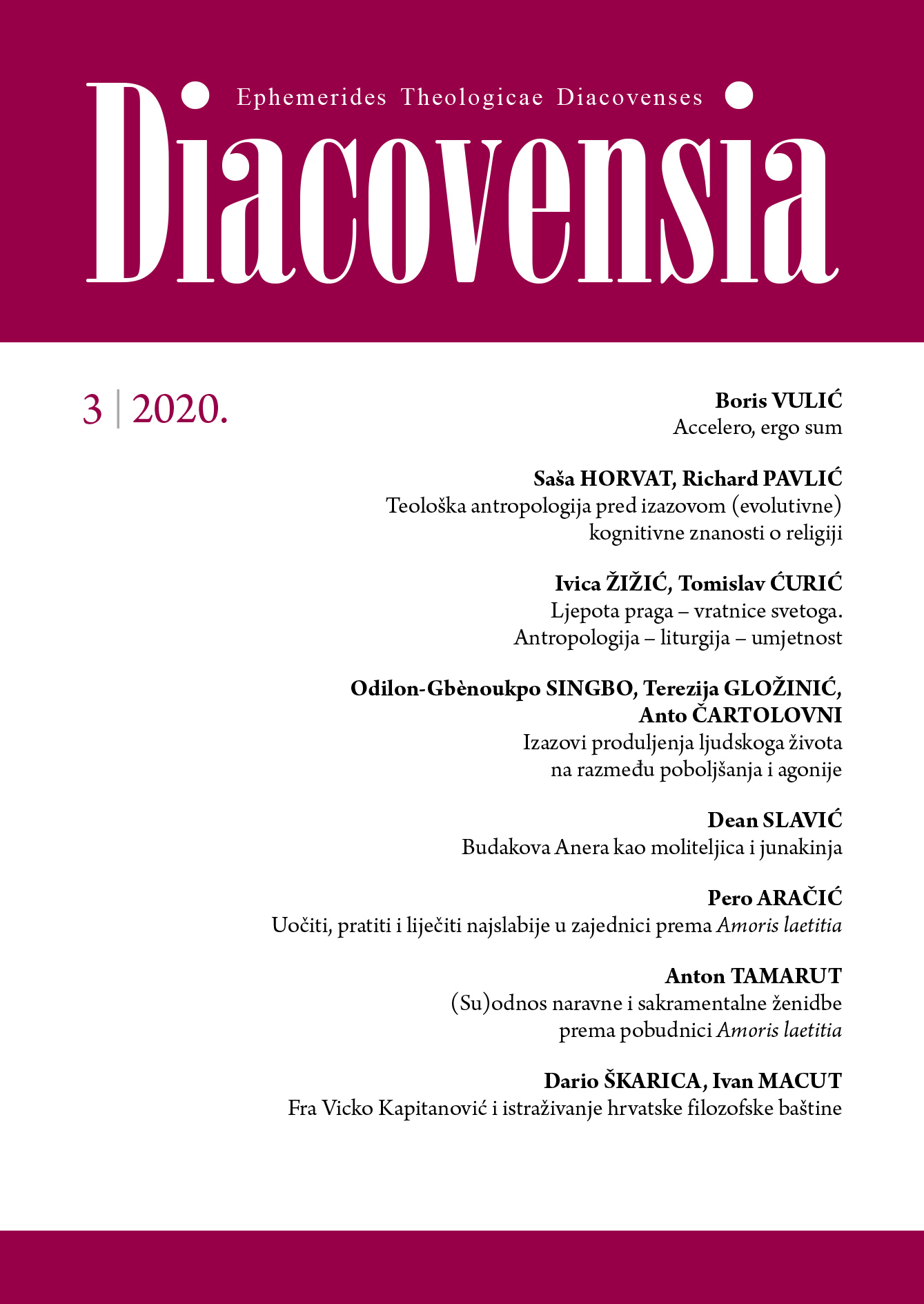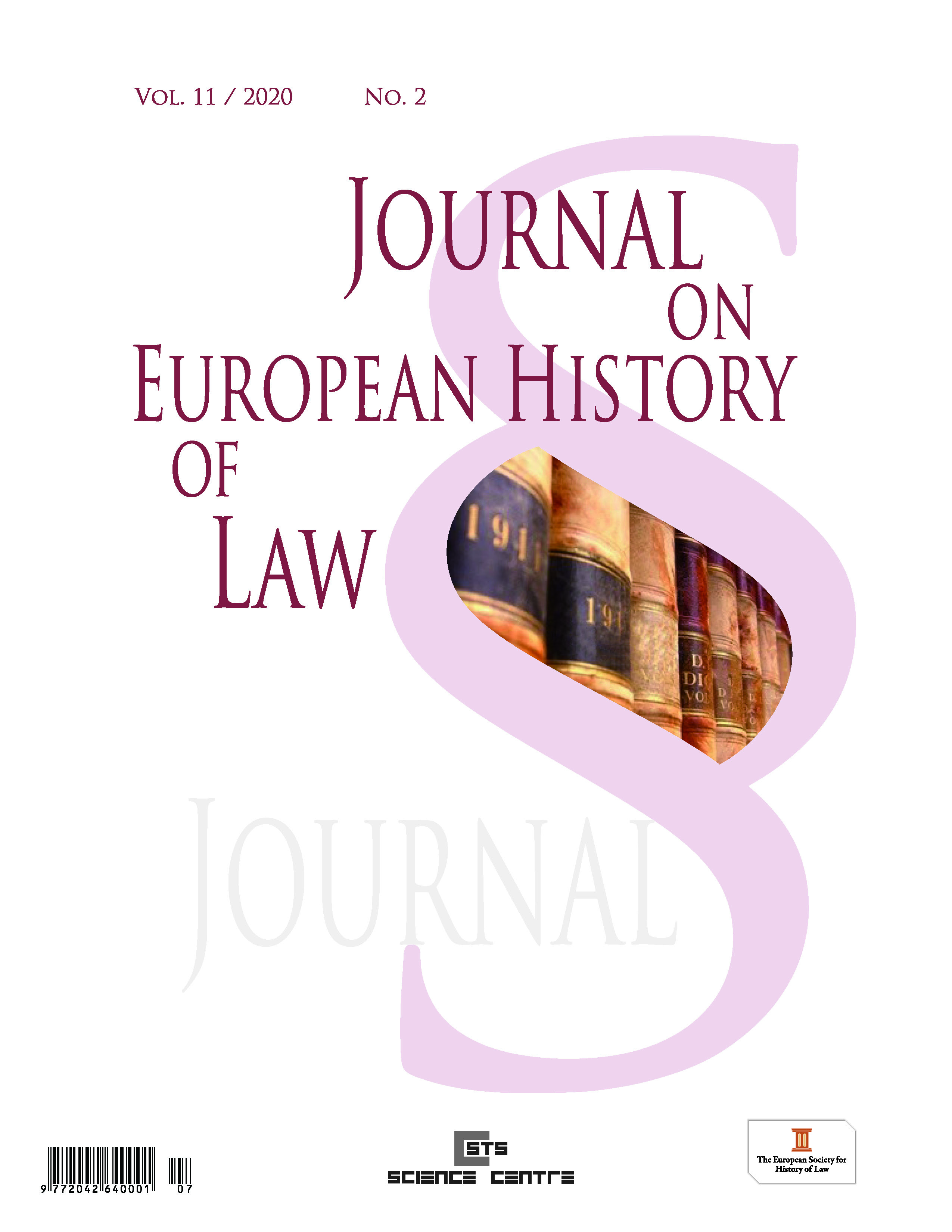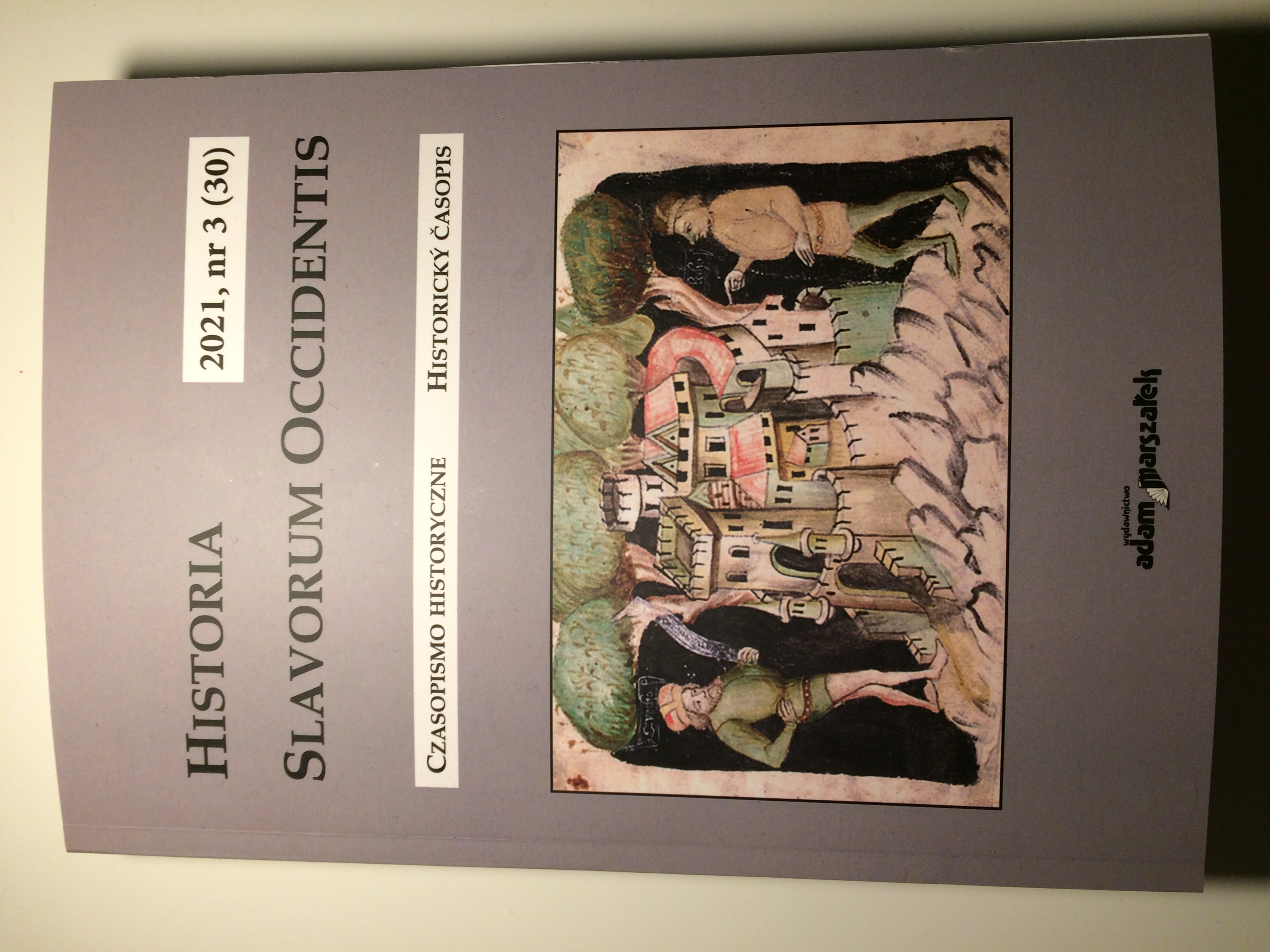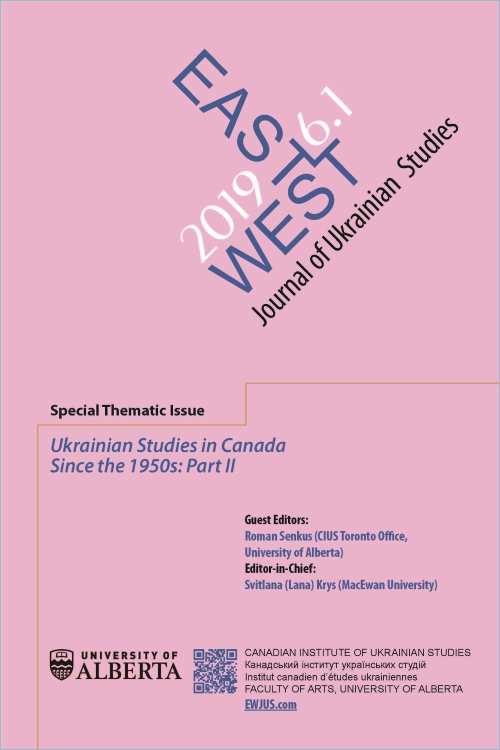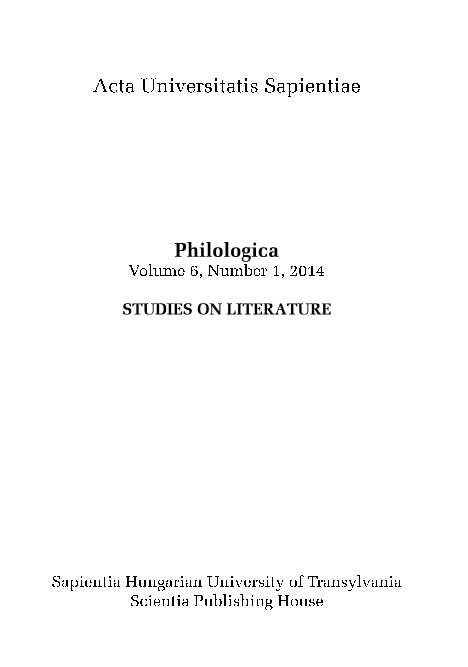
Stoic Virtues in Tertullian’s Works and Their Relation to Cicero
Stoic Virtues in Tertullian’s Works and Their Relation to Cicero
Keywords: virtues; Christianity; Tertullian; Cicero; ancient philosophy
Q. S. F. Tertullian was one of the most prominent writers and apologists of the early Christian Church. He had two important goals with his works: on the one hand, to introduce, according to the spirit of the age, the Christian teachings embedded in contemporary Roman culture; on the other hand, to highlight and emphasize the difference between the Christian teachings and the pagan ideas. This dichotomy is characteristic of his ethical teachings as well: while he emphasizes the importance of the Christian virtues, he does not forget about their philosophical background either. Tertullian demonstrably considered Stoic philosophy as the most acceptable philosophical thinking. Virtues have an important status in the teachings of the stoic body, just as they are a fundamental part of Christian ethics. The question arises whether Tertullian’s views on virtues could have been influenced by his pagan Roman ancestor, M. T. Cicero, who also shared stoic doctrines. This is the question the present lecture tries to answer.
More...
